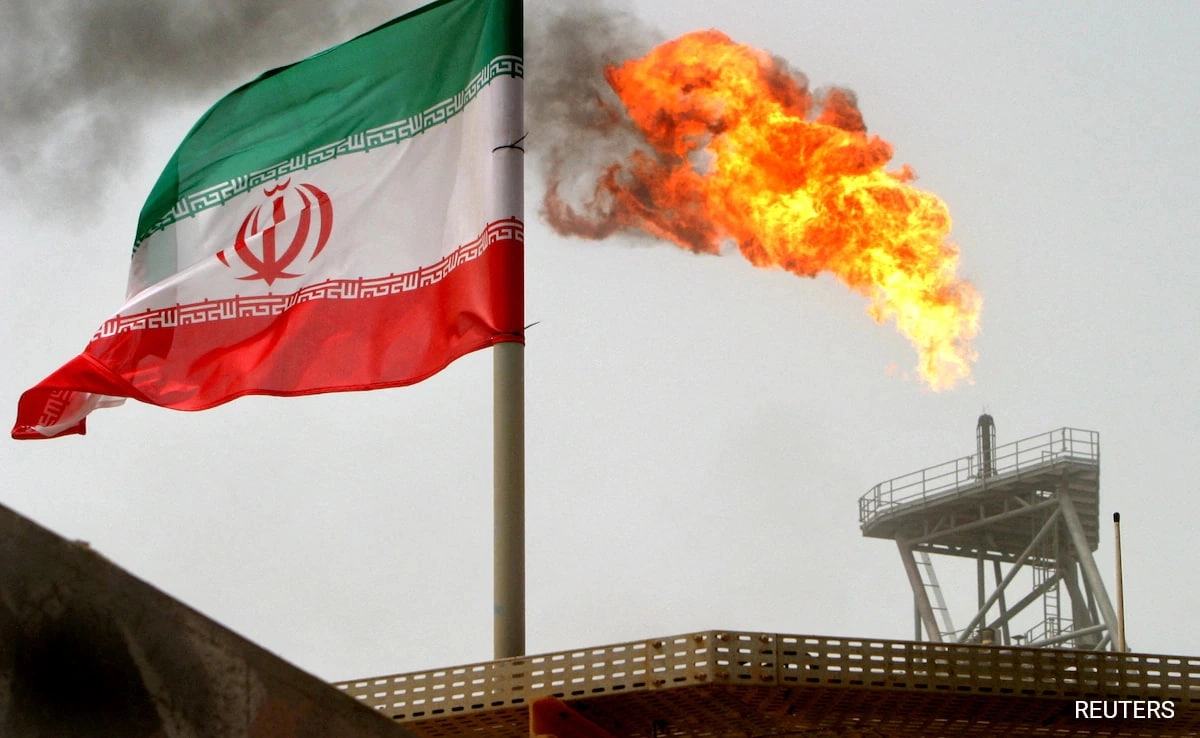The upcoming 2027 population census in India is poised to make a significant shift in its approach to demographic data collection by focusing on caste rather than class. Sources indicate that the government has decided to prioritize the enumeration of caste, reflecting a growing recognition of the socio-economic disparities that exist within various communities. This decision underscores the importance of caste as a key determinant of social identity and economic status in India, a country where caste continues to influence numerous aspects of life, including access to resources, education, and employment opportunities.
The emphasis on caste in the census is expected to have far-reaching implications for policy-making and resource allocation. By obtaining precise data on the distribution of different caste groups, the government aims to better understand the socio-economic challenges faced by marginalized communities. This information is crucial for designing targeted welfare programs and affirmative action initiatives that seek to uplift disadvantaged groups. Moreover, it reflects a commitment to addressing historical injustices and ensuring that the benefits of development reach those who have been historically excluded from mainstream society.
However, the decision to count caste in the census has also sparked debates and discussions about the complexities of identity in a diverse nation like India. Critics argue that an overemphasis on caste could lead to further division and reinforce existing hierarchies. They advocate for a more nuanced approach that considers class and economic status alongside caste to create a holistic understanding of socio-economic disparities. As the 2027 census approaches, it will be essential for policymakers to navigate these discussions carefully, ensuring that the data collected serves to promote inclusivity and social justice rather than exacerbate existing tensions.
In conclusion, the shift towards counting caste in the 2027 population census marks a pivotal moment in India’s demographic landscape. It highlights a commitment to understanding and addressing the unique challenges faced by different communities while also raising important questions about the implications of such a focus. As the nation prepares for this census, it will be crucial to engage in thoughtful dialogue and analysis, ensuring that the data collected is used effectively for the betterment of all citizens. The balance between recognizing caste as a significant factor in social dynamics and promoting a unified national identity will be a key challenge as India moves forward in its development journey.




